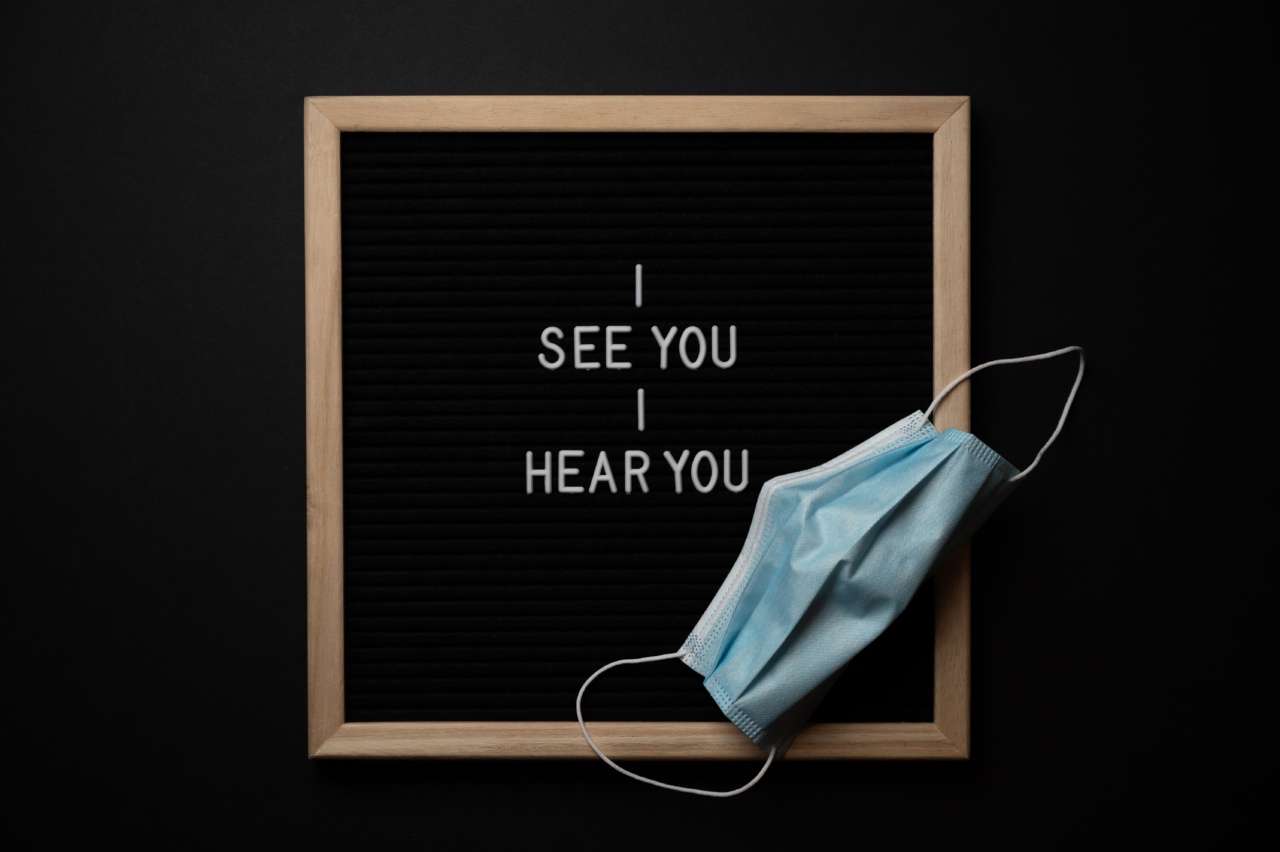As a popular stimulant consumed by millions of people worldwide, caffeine is often debated in terms of its safety, particularly for minors.
While caffeine can provide various benefits to adults, such as increased alertness and performance, its effects on children and adolescents are still a matter of concern. In this article, we will delve into the topic of whether caffeine is safe for minors and explore its potential impact on their growing bodies and development.
The Effects of Caffeine on Minors
1. Impact on Sleep: One of the primary concerns associated with caffeine consumption among minors is its impact on their sleep patterns.
Research suggests that caffeine can disrupt the natural sleep-wake cycle, leading to difficulty falling asleep and reduced sleep duration. This can result in sleep deprivation, which can adversely affect their cognitive functioning and overall health.
2. Increased Heart Rate: Caffeine acts as a stimulant by increasing heart rate and blood pressure.
While this may not be problematic for most adults, minors with developing cardiovascular systems may be more susceptible to the effects of caffeine. Excessive caffeine consumption can potentially lead to irregular heart rhythms and other cardiovascular issues.
3. Dehydration: Caffeine is a diuretic, which means it increases urine production and can contribute to dehydration.
Minors, specifically active children and athletes, may be at a higher risk of dehydration if they consume caffeinated beverages without sufficient water intake. Dehydration can impair physical performance and impact overall health.
4. Developmental Concerns: Another aspect to consider is the potential impact of caffeine on the developing brains and bodies of minors.
Some studies suggest that excessive caffeine consumption during adolescence may lead to long-term cognitive and behavioral issues. Additionally, caffeine may hinder the absorption of certain nutrients essential for growth and development.
Recommended Caffeine Intake for Minors
The American Academy of Pediatrics (AAP) provides guidelines for caffeine intake among minors to ensure their safety and well-being. They recommend the following:.
1. No Caffeine for Young Children: The AAP advises that children under the age of 12 should avoid caffeine altogether. This includes beverages like coffee, tea, energy drinks, and soda.
Instead, they should opt for healthier alternatives like water, milk, and limited amounts of fruit juices.
2. Restrict Adolescents’ Intake: For adolescents aged 12 to 18, the AAP recommends a caffeine intake of no more than 100 milligrams per day.
To put this into perspective, a single cup of coffee can contain anywhere from 95 to 200 milligrams of caffeine, depending on its size and strength. It is crucial for parents and guardians to monitor and limit their teens’ caffeine consumption.
Identifying Caffeine Sources
Many minors may unknowingly consume caffeine from various sources. It is essential to be aware of these potential sources to effectively manage their caffeine intake. Some common sources of caffeine include:.
1. Soda: Carbonated beverages, including colas and certain flavored sodas, often contain caffeine. It is important to check the labels and opt for caffeine-free or low-caffeine alternatives.
2. Tea: Certain types of tea, such as black, green, and white tea, naturally contain caffeine. Herbal teas, on the other hand, are typically caffeine-free.
3. Energy Drinks: Energy drinks often contain high levels of caffeine and should be avoided by minors. They may also contain other stimulants and excessive amounts of sugar.
4. Chocolate and Cocoa: Although the caffeine content in chocolate and cocoa is relatively low, consumption of large quantities can still contribute to overall caffeine intake in minors.
5. Coffee: This is the most obvious and well-known source of caffeine. Minors should abstain from consuming coffee or limit their intake under parental guidance.
Caffeine Alternatives for Minors
Given the potential risks and concerns associated with caffeine consumption among minors, it is vital to provide them with suitable alternatives. Here are some healthier alternatives:.
1. Water: Encourage minors to drink water to stay hydrated and maintain optimal bodily functions. Water is the best choice for quenching thirst and doesn’t come with any negative health effects.
2. Milk: Milk is an excellent source of essential nutrients like calcium and vitamin D. It can be flavored with natural additives like fruit or honey for added appeal.
3. Herbal Teas: Herbal teas are caffeine-free and offer a wide range of flavors. Chamomile, peppermint, and rooibos teas are popular choices and can be enjoyed hot or cold.
4. Fruit Juices: Limited quantities of natural fruit juices can provide essential vitamins and minerals.
However, it’s important to be mindful of their sugar content and opt for freshly squeezed juices or those without added sugars.
Talking to Minors about Caffeine
It is crucial to have open and honest conversations with minors about the potential risks and effects of caffeine consumption. Parents, guardians, and educators should emphasize the following points:.
1. Educate: Teach minors about the presence of caffeine in various beverages and foods. Help them understand the importance of moderation and the potential consequences of excessive caffeine intake.
2. Encourage Healthy Habits: Promote a balanced lifestyle that includes regular exercise, sufficient sleep, and a healthy diet. This way, minors will naturally be less inclined to rely on caffeine as an energy boost or pick-me-up.
3. Lead by Example: Minors often mimic the behavior of adults. By modeling responsible caffeine consumption habits, parents and guardians can instill positive habits and guide minors in making better choices.
The Bottom Line
While caffeine can offer some benefits to adults, its impact on minors, particularly their sleep, heart rate, and overall development, raises valid concerns.
It is recommended that minors avoid caffeine entirely or limit their intake under parental guidance. Encouraging healthier alternatives and educating minors about the potential risks associated with excessive caffeine consumption can contribute to their overall well-being and ensure they develop healthy habits from an early age.































